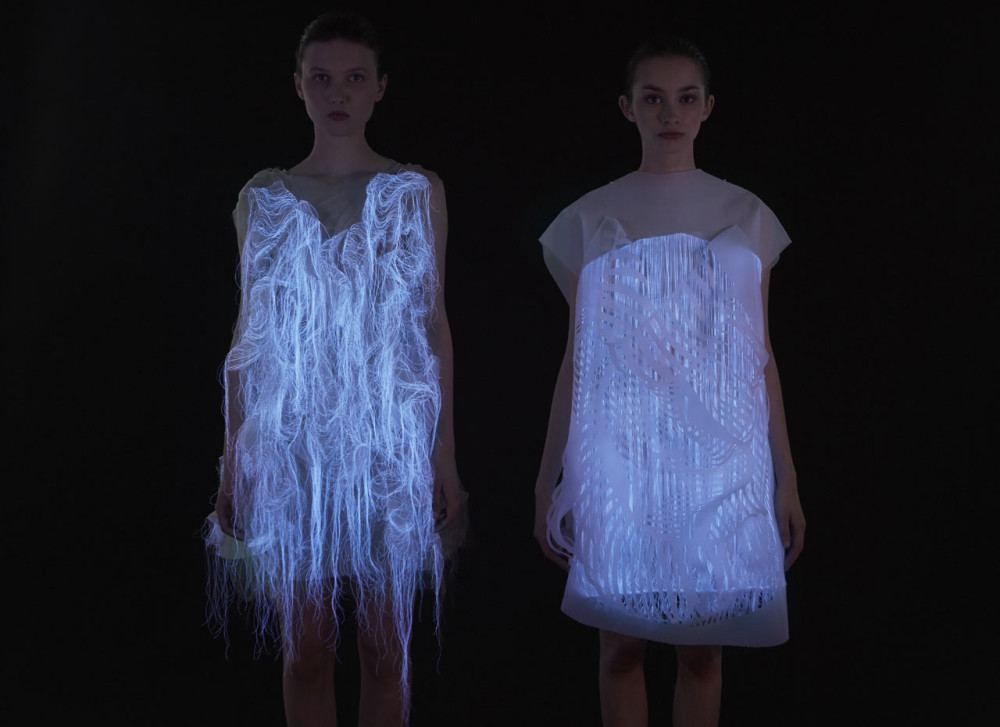By Jordan Graham
Boston Herald
WWR Article Summary (tl;dr) A new nonprofit founded by MIT and backed by the Department of Defense, aims to develop smart threads and fibers that can do anything from charge a cellphone to monitor how wounds heal. Part of the center’s focus will be connecting potential entrepreneurs with people who know about manufacturing, supply chains and other crucial parts of launching a product. We hope all you women in business are listening! This sounds like an amazing opportunity for female business ownership in the tech sector.
Boston Herald
Forget the Internet of Things, it’s time for the Internet of Threads.
A new nonprofit founded by the Massachusetts Institute of Technology and backed by more than $300 million from the U.S. Department of Defense, apparel giants including Nike, and the state of Massachusetts aims to develop smart threads and fibers that can do anything from charge a cellphone to monitor how wounds heal.
“The center and the institute is going to go anywhere fiber and fabric goes,” said Yoel Fink, an MIT professor who will lead the newly created Advanced Functional Fibers of America. “Fibers and fabrics, something that’s been around for thousands of years, hasn’t changed much, and is now changing for the first time in history.”
U.S. Secretary of Defense Ash Carter will be at MIT today to formally introduce the organization as the winner of a Department of Defense contest to establish a fiber research center in the country.
The organization will be backed by $75 million from the Department of Defense. Other groups have committed $242 million, including $40 million over five years from Massachusetts. That money wouldn’t necessarily need legislative approval, but both House Speaker Robert A. DeLeo and Senate President Stanley Rosenberg praised the initiative in statements.
Fink said a who’s who of companies have signed on, including Nike, Goodyear, New Balance and Intel, but he expects even more to join and commit money to the project.
“We’re going to be looking, when all is said and done, at a much larger commitment,” Fink said.
Fink said advances in fibers will make fabrics that monitor vital signs or act as a battery possible perhaps within a couple of years. That could mean plugging an iPhone into a turtleneck, but could also mean wound dressings that automatically track and report healing progress to doctors.
“One of the reasons that the institute is being stood up is to take these ideas and turn them into reality,” Fink said. The military could be an early adopter, for technology such as fibers that relay information to targeting systems to prevent friendly fire, Fink said. Other fabrics could heat and cool on demand.
Part of the center’s focus will be connecting potential entrepreneurs with people who know about manufacturing, supply chains and other crucial parts of launching a product.
While speaking to the Herald, Fink said he got a pitch from a colleague at MIT suggesting a new product.
“There are lots of different product implementations that could come out of this,” Fink said. “Nobody knows how to do the entire thing.”














































































































































































































































































































































































